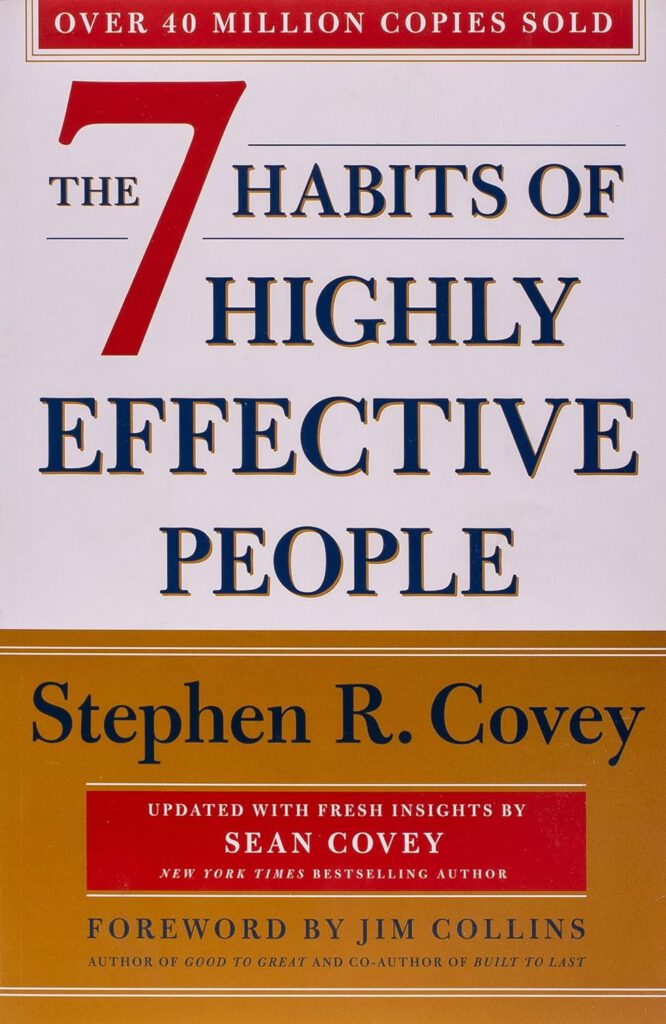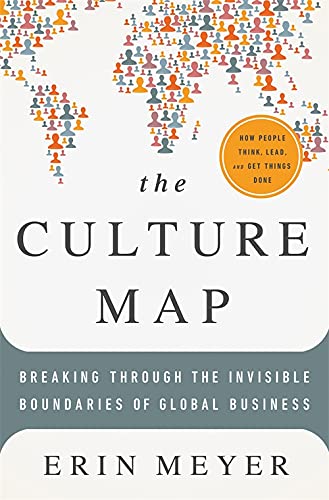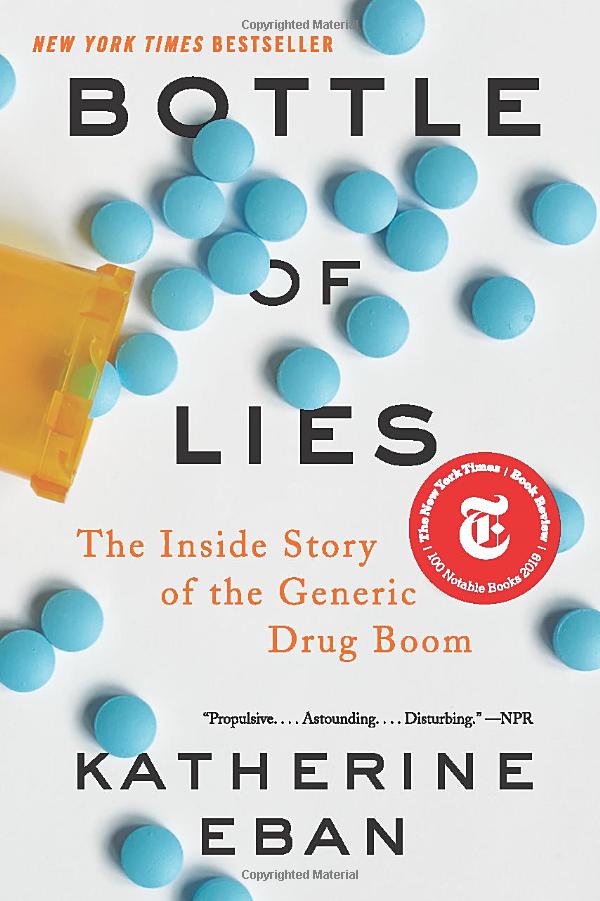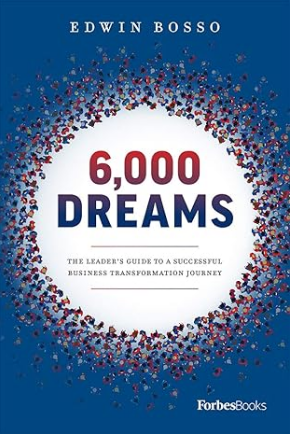The purpose of this page is to provide Information, Background and Links that can be of use to you.

I have found the 7 Habits of Highly Effective People most helpful in collaborating with people, during projects and in my work. Using the seven habits are not hard to understand but by far not so easy to consistently implement.
The 7 Habits of Highly Effective People
One of the most inspiring and impactful books ever written, The 7 Habits of Highly Effective People has captivated readers for nearly three decades. It has transformed the lives of presidents and CEOs, teachers and parents – millions of people of all ages and occupations. This 30th-anniversary edition of the timeless classic commemorates the wisdom of the 7 habits with modern additions from Sean Covey.
1: Be Proactive
2: Begin with the End in Mind
3: Put First Things First
4: Think Win/Win
5: Seek First to Understand, Then to Be Understood
6: Synergise
7: Sharpen the Saw
This classic presents a principle-centred approach to solving both personal and professional problems. Stephen R. Covey reveals a step-by-step pathway for living with fairness, integrity, honesty, and human dignity – principles that give us the security to adapt to change and the wisdom and power to take advantage of the opportunities that change creates.
Also available as Audiobook
I have found the Culture Map helpful during projects and in my work, collaborating with people from different countries, with diverse professional backgrounds working towards a common goal.
In The Culture Map, INSEAD professor Erin Meyer is your guide through this subtle, sometimes treacherous terrain in which people from starkly different backgrounds are expected to work harmoniously together. She provides a field-tested model for decoding how cultural differences impact international business, and combines a smart analytical framework with practical, actionable advice.
Also available as Audiobook
Katherine Eban’s Bottle of Lies exposes the widespread deceit behind generic-drug manufacturing – creating terrifying risks for global health. Drawing on exclusive accounts from whistle-blowers, inspectors, and regulators, as well as thousands of pages of confidential internal FDA documents, Eban reveals an industry where fraud is rampant, companies falsify data, and executives circumvent almost every principle of safe manufacturing to minimize cost and maximize profit. Meanwhile, patients unwittingly consume adulterated medicine with unpredictable and even life-threatening effects.
The story of generic drugs is truly global: It connects middle America to sub-Saharan Africa, China, India, and Brazil and encompasses every market banking on the promise of a low-cost cure. Given that tens of millions of patients take drugs of dubious quality approved with fake data, the generics industry is the ultimate litmus test of globalization: What is the risk of moving drug manufacturing offshore, and is it worth the savings?
The book is a journey of not just the what and the how but also the why. It is the why that engages the heart and mind, which is the core of any transformation. It provides great practical advice and guidance for any leader wishing for insight to start a transformational journey and to be the transformational leader.
In Part I, in 6 chapters, Edwin Bosso makes the case for a transformation while addressing the many roadblocks and obstacles that often thwart the process. He then proceeds to lay the foundation, emphasizing management systems and the need for deliberate behaviours to create the strong business culture necessary to succeed.
In Part II, in 4 chapters, Edwin takes you through the execution phase of the process, explaining how to define the scope of the transformation program, track appropriate metrics, measure the financial benefits, and manage the important emotional journey of the people involved.
In the end, you will walk away with a deep knowledge of the change management model and concepts that the author has employed in some of the world’s most successful organizations.




